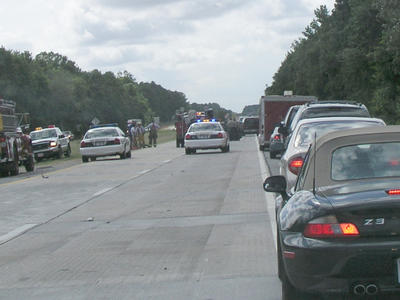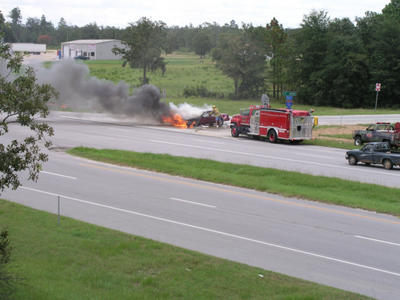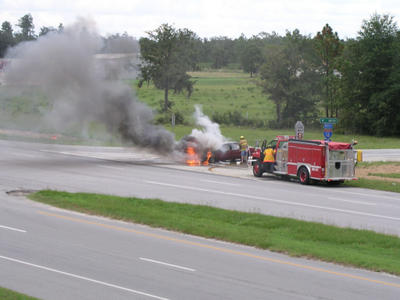I would shoot it in America instead of France, and substitute Islamic fundamentalists for the Maoist guerrillas Godard used to terrorize the couple. Throw in an explicit sex scene, an indie soundtrack, and some Naomi Klein-style politics, and I'd be a superstar at Sundance, a Palme d'Or-candidate at Cannes.


 By far the best review of Godard I know is the late Susan Sontag's essay in the Spring 1968 Partisan Review. Ms. Sontag addressed the criticisms of Godard's work ("What his detractors don't grasp, of course, is that Godard doesn't want to do what they reproach him for not doing"); then she showed that these supposed faults were actually part of Godard's method. Sontag wrote:
By far the best review of Godard I know is the late Susan Sontag's essay in the Spring 1968 Partisan Review. Ms. Sontag addressed the criticisms of Godard's work ("What his detractors don't grasp, of course, is that Godard doesn't want to do what they reproach him for not doing"); then she showed that these supposed faults were actually part of Godard's method. Sontag wrote:"Godard proposes a new conception of point of view, by staking out the possibility of making films in the first person. By this, I don't mean his films are subjective or personal . . . [He] has built up a narrative presence, that of the film-maker, who is the central structural element in the cinematic narrative. This first-person film-maker isn't an actual character in the film . . . He is the person responsible for the film who yet stands outside it as a mind beset by more complex, fluctuating concerns than any single film can represent or incarnate."
In Weekend, before the couple head out for the country, there are some minor car accidents with disproportionately furious quarrels, but as they get out of Paris, they run into a huge traffic jam and a dreadful accident that is taken quite lightly; in Godard's view of bourgeois society, cars matter - people don't. More and more bad accidents appear on the edges of the film, and begin to shift toward the center, until the couple are adrift in a world gone mad with automotive homicide.


 Driving back from Hilton Head, I saw the decline of Western civilization, materialism and oil dependency colliding on the highways, and a population more concerned about mileage and schedule than compassion for their fellow travelers.
Driving back from Hilton Head, I saw the decline of Western civilization, materialism and oil dependency colliding on the highways, and a population more concerned about mileage and schedule than compassion for their fellow travelers.

No comments:
Post a Comment